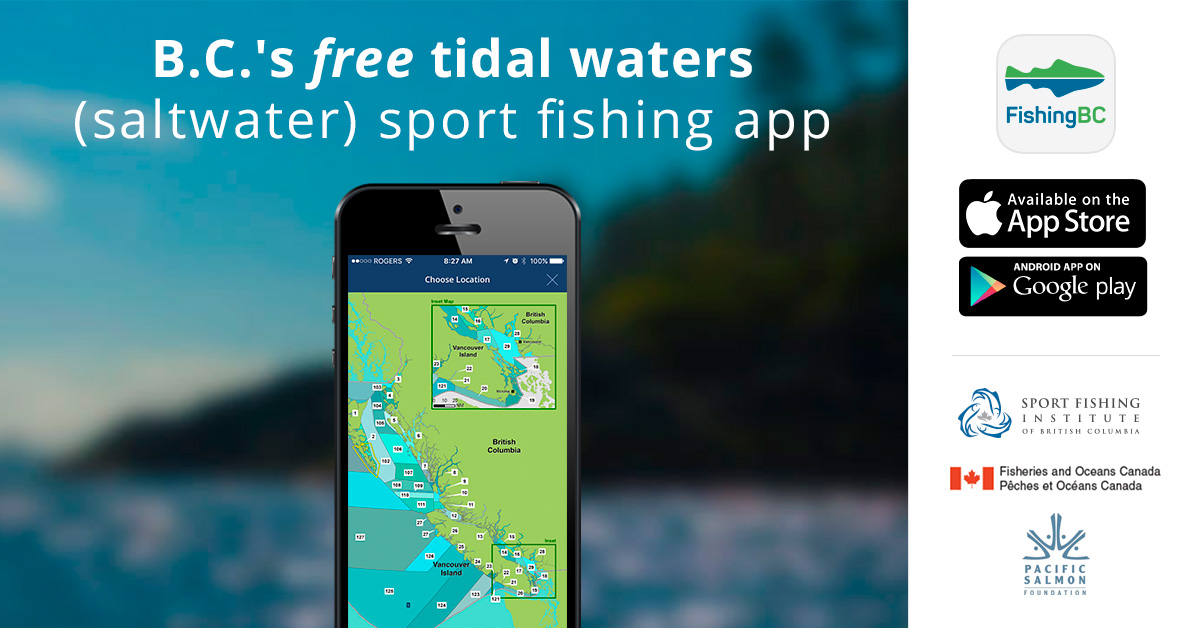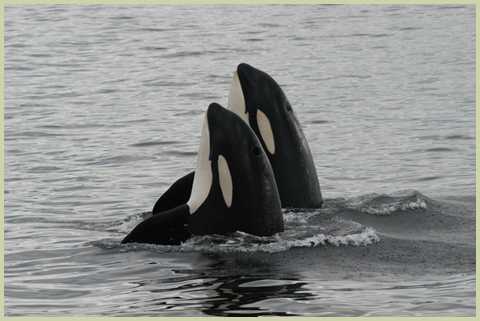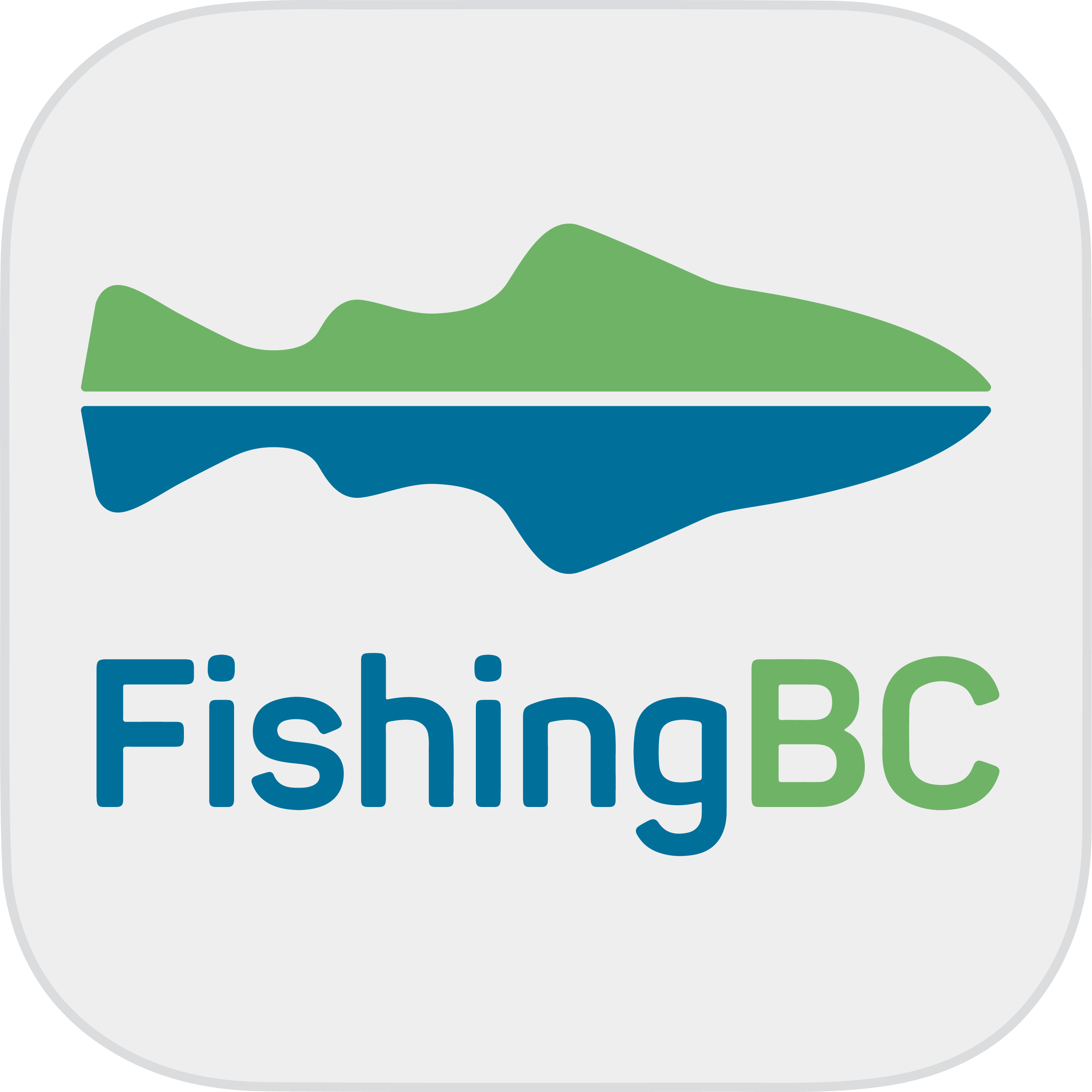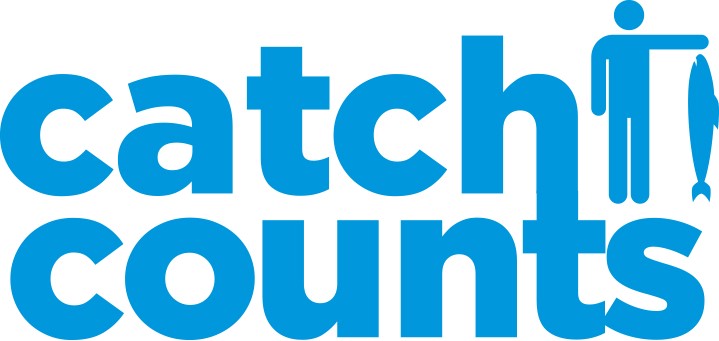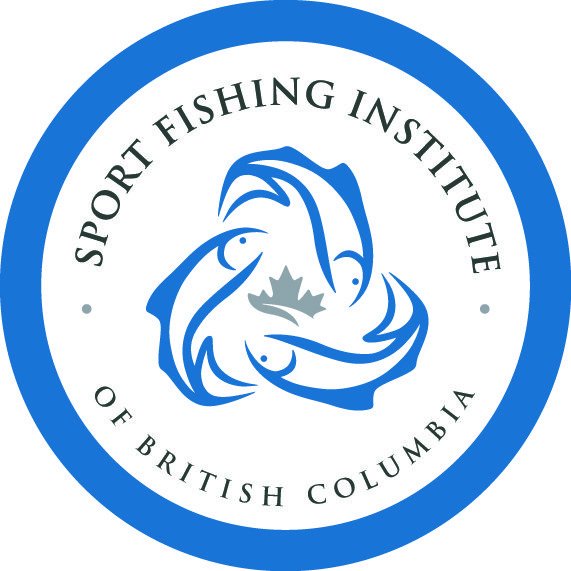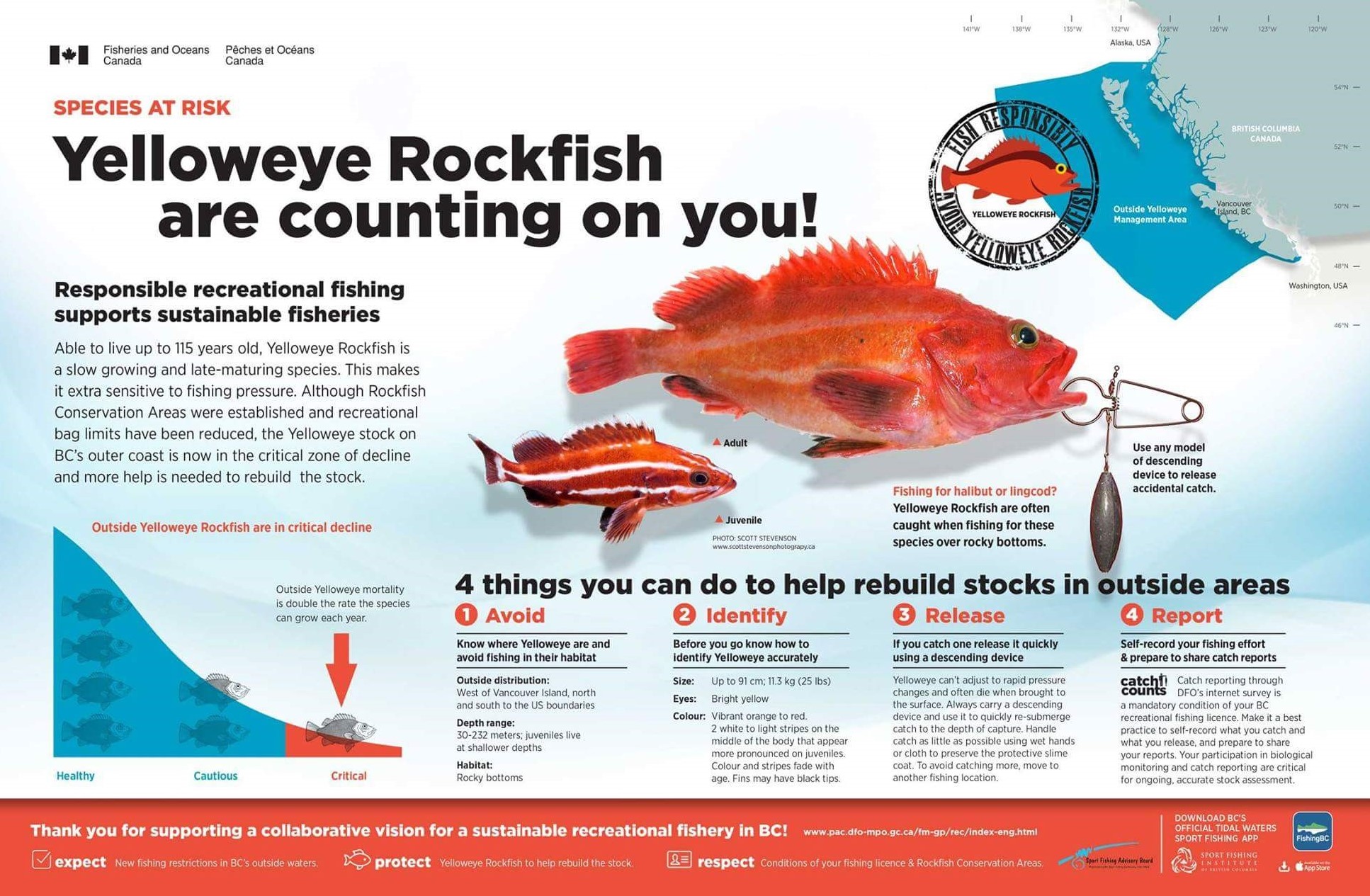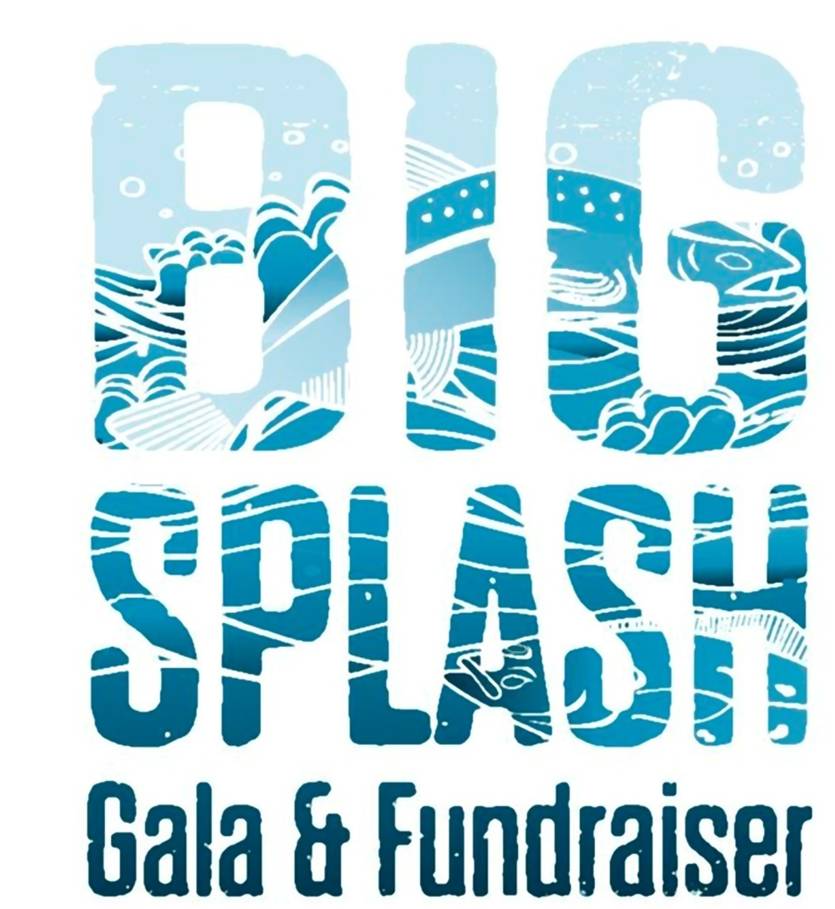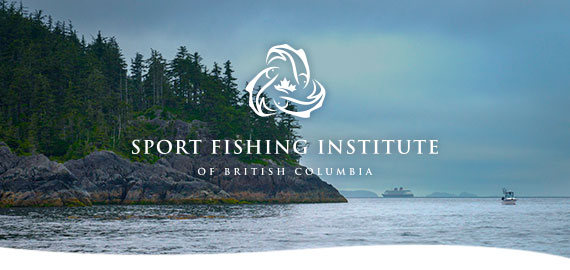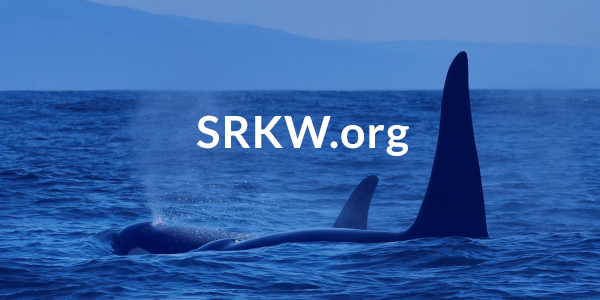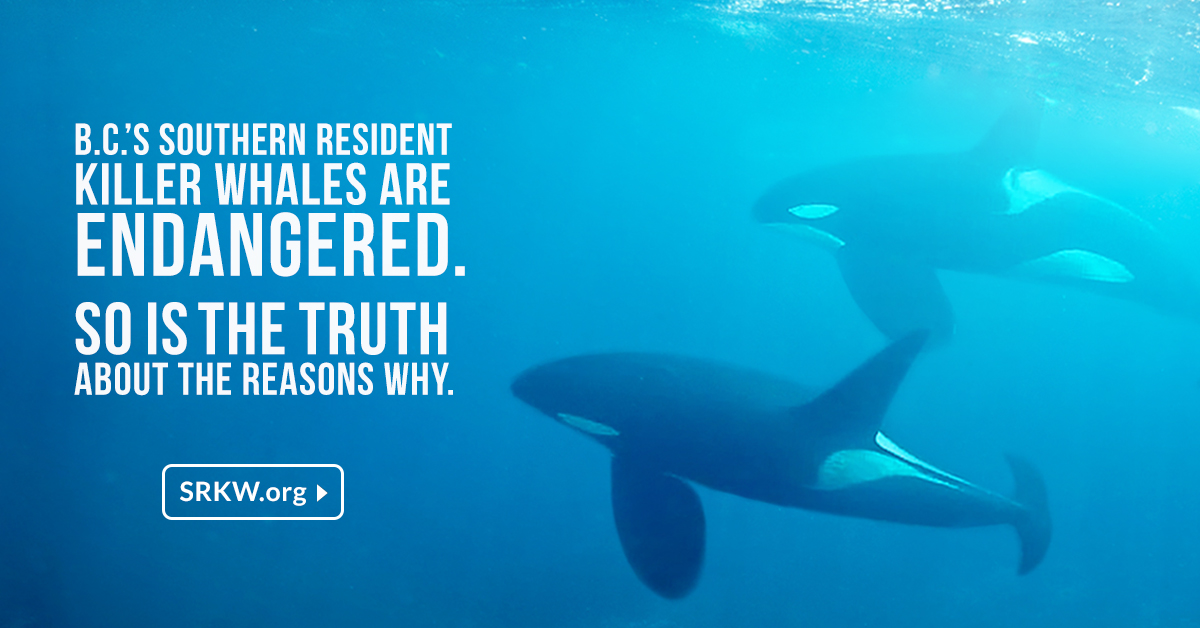June 21, 2018
The 2018 season is upon us. Whether off Vancouver, the central coast, the north end or west coast of the island, north coast or Haida Gwaii, many are out on the water and reports of a good start to a summer of fishing are coming in.
While it is getting busy and there are many distractions we thought we'd provide a few brief update details from the SFI team;
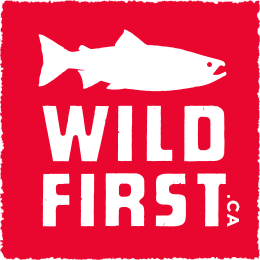 WILD FIRST, FISH FARMS AND THE PROVINCE
WILD FIRST, FISH FARMS AND THE PROVINCE
In a recent update, we encouraged you to look at and enroll in the Wild First campaign. If you have not had a look please do so. The provincial and federal governments must continue to hear from British Columbians that our Pacific salmon must be protected from the risks posed by open net pen fish farms.
It seems evident that a combination of factors are beginning to change the tide on the conversation. While it would be better if the timelines were accelerated and details of operational change requirements better explained, it is encouraging to see the Province make an an announcement yesterday that was specifically designed to address fish farm issues and will press DFO and include First Nations to increased involvement and to make decisions. See the announcement here:
B.C. government announces new approach to salmon farm tenures
The constant aim is to have both levels of government move towards the right decision – to remove the open net pen farms from our waters and to shift their focus to much cleaner and more sustainable closed containment systems.
While progress is being made, there is an ongoing need to demonstrate to the provincial and federal governments that when they act to adapt the farms, they will have public support.
The Wild First campaign is positive and will remain on the high road, respectful of the economic and business concerns of the fish farms, with a focus on showing government a productive cross over from open net pens to closed containment systems. A big win awaits; reconciliation with First Nations, a refocus of DFO’s priorities in the Pacific region and the growth of an emerging industry (in a safe and sustainable way).
Information Gathering
There is an increasing volume of science on the concerns around open net farming. The SFI will post anticipated and new scientific publications as they are released and have placed an informative document compiled and produced by Tony Allard, Wild Salmon Forever and Good Hope Cannery, on the
Fish Farming page in the
Issues section of the
SFI website.
Please consider the following actions to support the campaign:
1. Sign up your organization and personally at
Wild First
3. Share the site with your staff, suppliers, clients and friends; and
4. Buy shirts at cost to help spread the word!
Please spend a few moments to learn about open net fish farms and to enroll with the Wild First campaign. It isn’t too strong to say that our future access and opportunities to salmon are directly linked to what becomes of open net farms on this coast.
SALMON TALK LEADING TO ACTION - WILD SALMON ADVISORY COUNCIL
And, regarding salmon and the need to keep the conversation going, we are pleased to share details and congratulate the SFI's Martin Paish on his recent appointment to the Wild Salmon Advisory Council created by the Province of BC. Although salmon are managed by the Federal Government, discussion and attention to all the factors that effect salmon in our Province by our Provincial government is a good and positive step. We hope the creation of this Council will foster more attention and change to environmental and terrestrial impacts that effect salmon fisheries, their management and opportunities to enhance or rehabilitate runs or systems. We look forward to hearing more from this new Council. Read the announcement from the Province here:
Wild salmon protection driving newly appointed Wild Salmon Advisory Council
GUIDE AND LODGE LOG BOOKS
June marked the start of data collection for the 2018 Guide and Lodge Log Book Program. After many trial years, DFO is now working to deploy a mandatory log book program to all guides and lodges on the coast. The collection of data is increasingly important and it is clear that the lodge and guide component of the sector are knowledgeable, encounter a high proportion of the recreational catch in certain areas and can contribute valuable information to DFO. Recognizing the value and importance of this, the SFI continues to work in collaboration with DFO to provide training, materials and in season support to participants.
Based on feedback and advice the SFI has received from guides, we have worked with DFO stock assessment staff to produce a log book page that is quicker and easier to complete and allows location to be identified by familiar location names rather than by numbered management area designation. Early feedback from guides who are using the new page seems to confirm that the new page is easier to work with.
Click on the link
here for a sample guide log book page and an idea of the information collected.
By sharing the responsibility for proving the case for a sustainable and responsible fishery, guides are doing their part to provide increased opportunity for all anglers.
Contact the SFI with questions or to obtain a log book or sampling materials.
CHINOOK STOMACH CONTENTS PROJECT
Related to learning more about recreational catch and feeding habits, we share details of a project currently being conducted by Will Diguid, PhD Student, University of Victoria, and his research colleagues. Complete details are found
here but the short version is that Will and his team would like to receive Chinook salmon stomachs from your catch. The aim is to learn more about Chinook diets in Southern BC and compare contemporary summer diets to those documented in historical studies. The methods to assess the contents isn't too appetizing but you do not have to worry about that! Will is looking for participants to contribute from Southern BC waters. If interested please contact Will at
willduguid@hotmail.com
